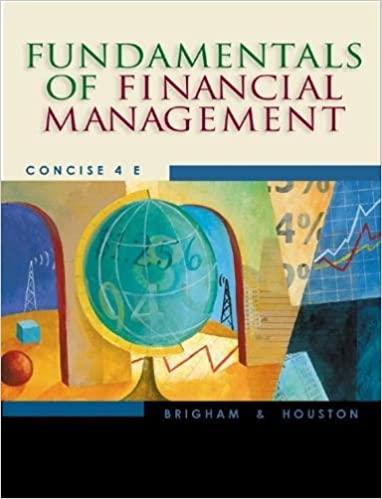Question
Addressone or bothof the following. Your choice. Obviously, if you choose to answer both, both answers should be on the more succinct side. If you
Addressone or bothof the following. Your choice.
Obviously, if you choose to answer both, both answers should be on the more succinct side. If you choose one, explore that question more in-depth.
a) Supervision:Your textbook and Engel describe a traditional model of supervision focused on rules, directives, and limiting discretion and innovation. Engel also notes that, "police sergeants are in a perceived position of conflict, caught between their responsibility tosuperior officers and their responsibility forsubordinate officers."
Do you think this positional conflict of middle management limits police sergeants to a predominantly traditional model of supervision?
Do you think they have the ability and latitude to take on more of a human services model in their role (e.g., focusing more on the needs, interests, and personal goals of their subordinates)? And do think that a traditional model is actually necessary in the supervision of line officers?
b) Evaluation:Again, think about middle managers (i.e., sergeants, lieutenants) in policing for this second question. Do you agree with Armin Trost's view of performance evaluation? Are performance evaluations arbitrary or necessary (or some combination of both)?
Is there any way to more objectively approach performance evaluations in policing, or are evaluations of policing inevitabilty subjective? And can standardized evaluations accurately capture the range of expectations and officer behaviors encompassed in modern policing?
Step by Step Solution
There are 3 Steps involved in it
Step: 1

Get Instant Access to Expert-Tailored Solutions
See step-by-step solutions with expert insights and AI powered tools for academic success
Step: 2

Step: 3

Ace Your Homework with AI
Get the answers you need in no time with our AI-driven, step-by-step assistance
Get Started


